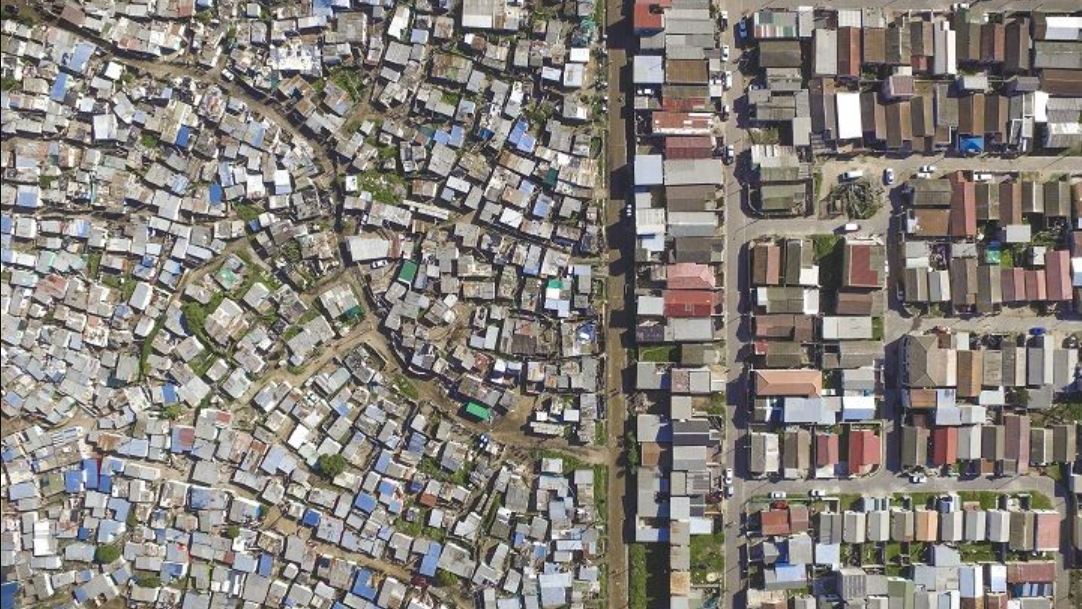BY Masego Madzwamuse —
It was one cold morning in June, and as listened to my youngest daughter get ready for her online class, I had no reason to believe that anything would be different from all the other days. Our street was quiet, I had just settled down with a cup of coffee to prepare for the day ahead. And suddenly there I was at 9:30 am in my living room, begging three armed men to take whatever they wanted but please spare our lives.
Nothing can prepare you for an armed robbery, and no amount of money can ever replace the most valuable thing that they take – your sense of peace and calm. Intellectually, I thought I understood inequalities and their connection to violence because I had spent years thinking about it and giving speeches as the CEO of the Southern African Trust, a nonprofit that works with poor communities across Southern Africa on a variety of issues, including poverty. But I wasn’t ready for how profoundly a personal experience can change everything. I haven’t stopped thinking about those young men. Who were they? What made them so desperate they committed a crime in broad daylight? Would they have invaded our home if it weren’t for the social and economic impacts of lockdown and COVID-19 restrictions?
The sad reality is in South Africa this incident could have happened at any time. COVID-19 simply worsened a pre-existing problem. South Africa has the highest wealth inequality rates in the world and notably high levels of violent crime linked to poverty, unemployment and disparities between the poor and the rich that have only been aggravated by the pandemic. During the COVID lockdown, the country passed 30.1% unemployment in the first quarter of 2020 against the backdrop of an all-time high number of 7.1 million unemployed people, most of whom are young. Food insecurity in South Africa is at its highest, more and more people are increasingly desperate.

